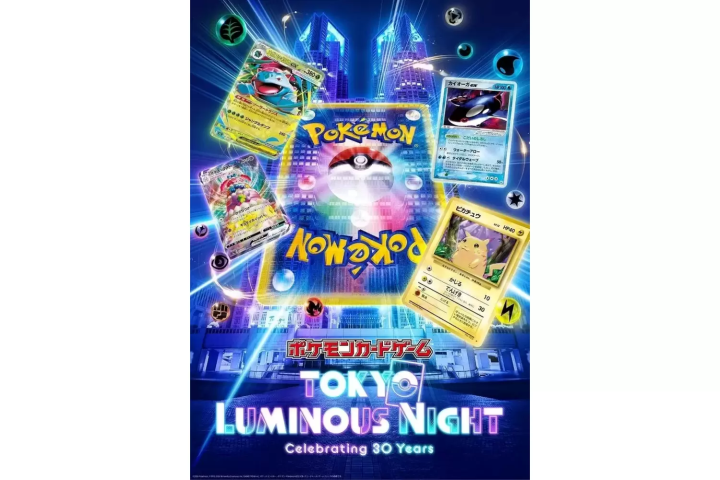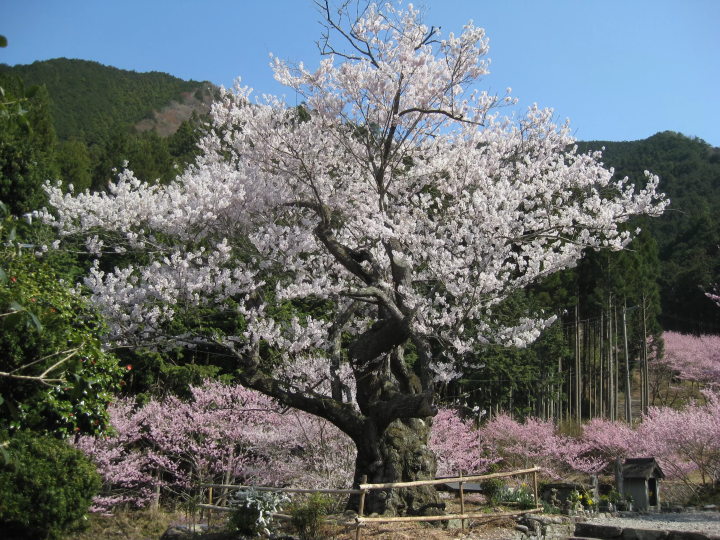The story of a female Christian who lived during 【The Shogun】 era on Kozushima

"Shogun" won 18 Emmy Awards in 2024 On Kozushima in the Izu Islands, there is a story about a woman named Ota Julia who lived in roughly the same chaotic era. Why not take a journey that immerses you in the romance of history with the audio guide app "Marutto! Kozushima"?
-
Table of Contents
- A Hollywood Samurai drama set in Japan's Warring States period, Sengoku period.
- The history of "island banishment"
- The Story of Ota Julia
- Learn more about the island's history and culture with an audio guide app
- If you want to stay on Kozushima and feel the romance of history, head to Vacation House FamiliA.
A Hollywood Samurai drama set in Japan's Warring States period, Sengoku period.

"SHOGUN" is a story set in Japan in 1600, during the latter part of the Sengoku period. The series won 18 Emmy Awards, the highest honor in American television, including the award for Best Drama, making it the most ever. Although the names of the characters are different from historical fact, the series is based on the novel by James Clavell and has been highly praised for its detailed recreation of Sengoku period Japan.
The story is said to take place before Tokugawa Ieyasu (referred to as Toranaga in the deama) became shogun and the Edo period began, up until the Battle of Sekigahara.
The history of "island banishment"

Exile has been one of the methods of execution in Japan since ancient times. As shown in the work, there were many executions during the Sengoku period, but when the Edo period began and peace came, the number of exiles increased dramatically. In the case of Edo (Tokyo), the destination was mainly the Izu islands, and in the case of the Western Provinces (Osaka and Kyoto), the Goto Islands and Oki Islands were designated as such. For this reason, the Izu Islands, including Kozushima, also have a history as a place of exile for criminals and political opponents.
Kozushima is an isolated island located 180km south of Edo (Tokyo). Even a modern Large passenger ship would take 10 hours to get there one way.
For this reason, the punishment of "exile" is said to be, in some ways, even more severe than the death penalty.
What kind of people were exiled to Kozushima? It doesn't seem like they were al violent criminals.

The Story of Ota Julia



A particularly important exile on Kozushima is a woman named Ota Julia.
She was brought from Korea as a young child by the Japanese warlord and daimyo Konishi Yukinaga during Toyotomi Hideyoshi's invasion of Korea in 1592.
Konishi Yukinaga was a Christian, and the girl was brought up in his house and baptized as Julia.
However, after Konishi Yukinaga (on the side of Ishida Mitsunari) was defeated in the Battle of Sekigahara, Julia was forced to serve as a maid to Tokugawa Ieyasu.
In the 1610s, as persecution of Christians intensified, Julia was asked to renounce her faith, but she refused, and as a result, she was exiled to the Izu Islands, eventually arriving on Kozushima in 1612. There, she is said to have lived among the people of Kozushima, sharing her knowledge and helping the poor.
A huge white cross was erected as a memorial to her at the Arima Observatory on Kozushima, and a Julia Festival was held on Kozushima to commemorate her life for 50 years.
Julia lost her family in battle, was chased into enemy territory, and even when peace returned in general, she was exiled to an island where she could not find peace because she believed in Jeasus. Nevertheless, she did her best for her people, and her turbulent life may be a symbol of prayer for all people in times of chaos.
Learn more about the island's history and culture with an audio guide app

There are several places on Kozushima that are connected to the history of "Otaa Julia," who lived through a chaotic era.
The dramatic audio guide of Kozushima's tourist guide "Marutto! Kozushima" allows you to learn more by visiting historical and cultural spots shown on the app's map and listening to legends and explanations.
Because it is linked to GPS, you can listen to the dramas of the spots you come across while touring the island, and you can play the connected stories of Otaa Julia and the legends surrounding the shrine by visiting the spots in order from ①.
Because it's audio, it doesn't disturb the scenery unfolding before your eyes, and you can feel the history and think about the people of that time. It's a wonderful experience.
The app currently supports Japanese and English.
In both languages, stories are told in a radio drama style, so you'll be able to immerse yourself in the stories without getting bored!
Please also check out this article for information about the new tourism app "Marutto! Kozushima," which combines an audio guide and a game.
If you want to stay on Kozushima and feel the romance of history, head to Vacation House FamiliA.

We, the owners of the B&B-style inn "Vacation House FamiliA," moved to Kozushima in 2017. We weren't exiled, but since we started living on Kozushima, we've grown to love the kindness of the people and the beauty of the nature even more!
We also find the unique culture that remains on the island very interesting. It would be a shame to lose such a culture! We are sure that tourists from overseas will also be interested in it! With this passion in mind, the two of us at Familia developed the tourism app for Kozushima, "Marutto! Kozushima," which we introduced earlier. We would be happy to talk with you about things we noticed for the first time when we came to the island, and the charms of Kozushima that change with the seasons.
For more information about Vacation House FamiliA, please see this article.
FamiliA LLC operates the " Vacation House FamiliA " on Kozushima , and is engaged in activities that go beyond the scope of the lodging in order to convey the charm of the region and preserve its culture.
In January 2024, we will release a tourism app for Kozushima called "Marutto! Kozushima"!
The app offers a completely new tourist experience with two functions: , which lets you learn about the island before your trip, and
The contents on this page may partially contain automatic translation.




























![[Southern Oita Prefecture (Usuki and Saiki)] A journey through fermentation and tradition. Oita Sustainable Gastronomy](https://resources.matcha-jp.com/resize/720x2000/2026/02/27-259975.webp)

![[Hiroshima] ORIZURU Making at the Hotel / Sheraton Grand Hiroshima Hotel](https://resources.matcha-jp.com/resize/720x2000/2026/02/26-259811.webp)
![[Aichi] 30 minutes from Nagoya! 8 must-see tourist spots in Tokoname, the city of beckoning cats and pottery](https://resources.matcha-jp.com/resize/720x2000/2026/02/26-259808.webp)
